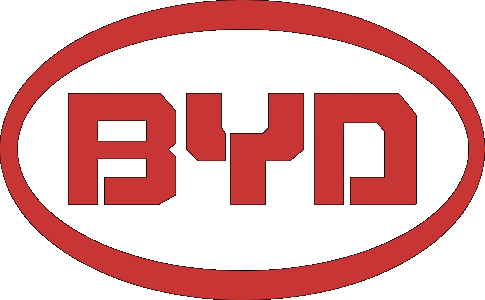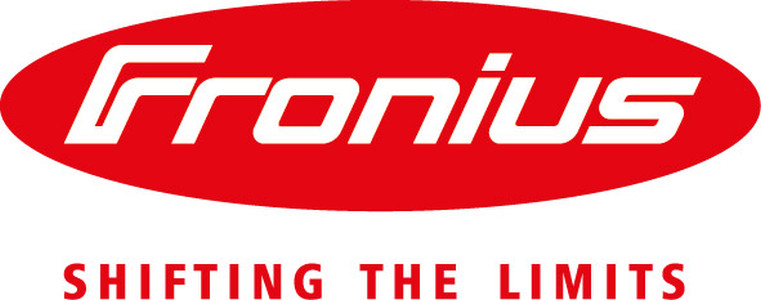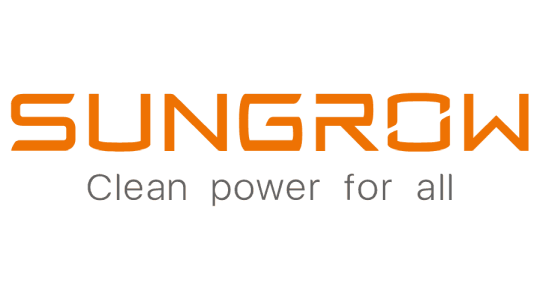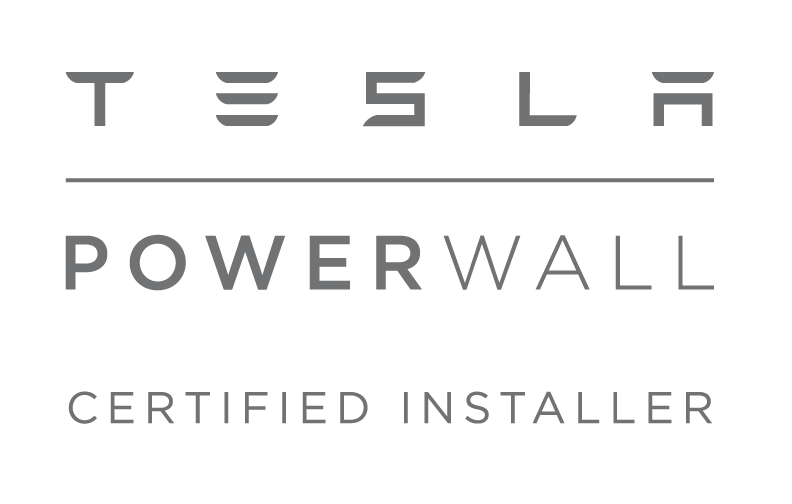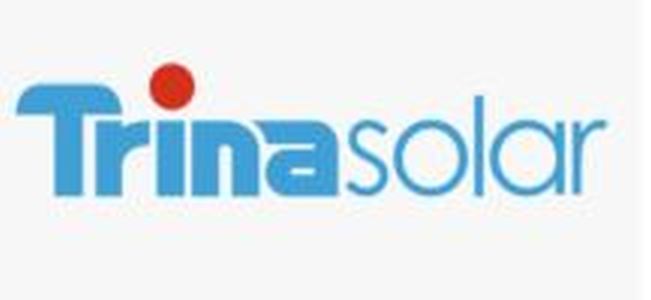solar power advice
Buying a Solar Power system can seem bewildering so many products to consider. At Pigeon House Power were here to advise you and design the best system for your needs.
1 in 4 Australian homes have solar….you too can go green!
Buying a Solar Power System ~ The Process
It can seem daunting when you first decide to buy a solar power system. Supply quotes can differ by thousands of dollars and with countless variations. It is therefore extremely important to do your homework and learn about the installation process before taking the plunge.
But where do you start?
At Pigeon House Power, we recommend the main things to consider for a solar power system:
- Solar Panels
- Solar Inverter
- And just as important your installer
- Gov’t Incentives
- Metering & Feed-in Tariffs
Solar Panels
There are a lot of good mid to top end solar panels to choose from. The main thing for to look for so as to avoid ending up with a lemon, is ensure that the panel comes from a strong company that is well supported in Australia and the length of the product warranty.
Going with a top end panel over a good budget panel can add about 30% to the cost of your system. The performance difference with a top end panel over a good budget panel can be marginal. The main difference is how much output power they guarantee after 25 years on your roof and the length of their product warranty.
At Pigeon House Power, we only use panels that we would put on our own homes!
Some reputable brands are; Trina, Hyundai, Canadian Solar, JA Solar, Jinko, LG, Longi, Q Cells, REC, Risen,
Seraphim, Solaria, Sun Power, Suntech, and Tindo Solar.
Solar Inverters
Solar inverters convert the DC electricity created by your solar panels into usable 230V AC electricity. The inverter is the most likely part of your system to fail so it is an important part of your solar system to consider and not just slap it on next to your meter box.
Inverters can either be a string inverter, micro-inverter or an optimised string inverter.
- String inverters are installed on your wall and all your solar panels are connected to it.
- Micro-inverters are installed under each of your panels and are only connected to one panel.
- Optimised systems are a bit like a mixture of string inverters and micro-inverter. There will still be a large inverter installed on your wall but you will also have optimisers under each panel.
Micro-inverter and optimizer systems cost a lot more than a traditional string inverter system, but they are ideal for roofs with moderate to heavy shading.
Another thing to consider is the location of your inverter. String inverters should not be installed on a wall that gets direct sunlight. The added heat will shorten the life of your inverter. They should be installed in a shaded spot or preferably a garage. But there are other considerations like the distance from your main switch board and your solar panels that determine the position of your inverter.
Solar Retailers
When choosing a solar retailer, it pays to do a little bit of prior research. If something goes wrong with your system, you will be relying on them to fix the issue, hence after sales service is of paramount importance. Checking if a company has Solar accreditation is essential.
Another question to ask your retailer is who is going to install your system. Even a solar system with all the best components will fail prematurely or under-perform if it’s not installed properly. Some retailers will sell a system and then just ‘subcontract’ the job out to the cheapest installer that they can find.
At the same time, buying an extremely cheap solar system solar could cost you a lot more in the long run too. If you consider the cost of repairs, lost output not to mention the emotional toll and frustration of dealing with a company that is unlikely to return your calls! You most likely will end up regretting that good deal. Unfortunately, we have taken a lot of solar panels off roofs and straight to landfill after only being installed 3 years earlier.
Just so you know, we don’t sub-contract any of our work and all of our work is completed by one of our own installation teams led by an electrician that is qualified by the Clean Energy Council.
Government Financial Incentives
The Small-scale renewable energy scheme or STC Scheme acts as a point-of-sale discount off the price of your system. Even if you have already made a claim through the STC scheme you are still eligible as long as you use Clean Energy Council certified professionals to design and install your system and use products that have been approved by the clean energy regulator.
The scheme is slowly being phased out and is to be reduced by approximately 11% each year and will end in 2031. However, this doesn’t mean you should give in to high pressure sales tactics demanding to get in quick before the rebate ends.
Call Ben or Wade at Pigeon House Power to seek further advice.
All our quotes will incorporate relevant STC rebates available to suit each installation.
Metering & Feed-In Tariffs
Unless you have already had solar installed at your home, you will need to have your electricity meter replaced or reconfigured. This will allow your retailer to measure not only what you use but also what you are exporting back to the grid. Your electricity retailer will charge you to do this but the cost is typically only $60 – $100 and added to your next electricity bill.
You will be paid a feed in tariff by your electricity provider for each kilowatt hour of electricity you feed into the grid. You should negotiate a Feed in-Tariff with your retailer to receive the maximum benefit from your system. This can be tricky though because some retailers will give you a better feed-in tariff but then charge you more on your consumption or your daily connection fee.
The federal government has a free electricity comparison website energymadeeasy.gov.au to help you.
Our Trusted Supply Partners
solar installation free quotes
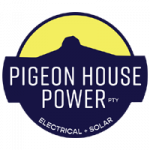
Clean Energy Council Approved Retailer
Fully Licenced & Qualified Installers

Ben Rudd Electrical
